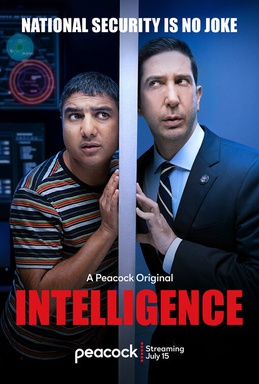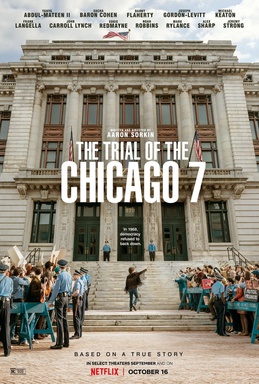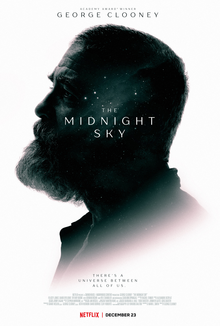Sexuality/Nudity No Objection
Violence No Objection
Vulgarity No Objection
Anti-Catholic Philosophy Acceptable
Another quick review from a few months ago...
PIXAR used to be the gold standard of quality. But ineveitably, I've noticed a slow slide into mediocrity with this studio. Soul is not a bad film by any stretch of the imagination. But it is as fine as it is forgettable.
The story is about Joe (Jamie Foxx). He is a struggling musician who is languishing away as an underappreciated music teacher. But he does get a chance to live his dream but dies in a freak accident. He ends up in the afterlife as a soul, but he doesn't want to move on. Here in this afterlife, unborn souls go through a mentorship program with those who have already lived life. Once the unborn soul finds its "spark," then it is ready to be born. Joe assumes the identity of another soul so he can pose as a mentor to "22" (Tina Fey), an unborn soul who has not been able to find her spark. The two form an uneasy relationshp as Joe tries to use her to get back to his old life. This results in the two of them entering into a strange adventure in this life and the next.
As I wrote, there is nothing very bad about this movie. But there is also nothing very memorable. Perhaps it is unfair to compare this movie to other PIXAR films, but those early films are so iconic that scenes are burned into your brain. As the months have gone by, very little of the movie sticks. Partly this is a matter of taste. I am not a big fan of jazz. All of the music in that genre sounds the same to me. As a result, the big musical numbers slide off of me like teflon. The humor also never really sticks the landing. Both Fox and Fey are fine, but their brand of humor never really lands with me.
There is one part of the movie that sticks with me and not in a good way. As stated before, 22 has gone through a lot of mentors who all lost their patience with her. One of them is St. Teresa of Calcutta. There are a lot of things in this movie that are not compatible with Catholic theology, but I don't expect them to be. Like The Good Place or Defending Your Life, Soul is not really about a specific metaphysics of religion. The problem is bringing in a real saint like Teresa. As a Catholic, we believe that she is in heaven and has achieved the Beatific Vision of union of Christ. To have a saint in this beatified state portrayed as un-Christilike is a bit annoyting. To be clear, I don't think that the filmmakers had any specific agenda. I think they thought it was a good natured comedic jab like in The Naked Gun 33 and 1/3.
The best thing about the movie are the fact that it has a very pro-life message. I don't necessarily mean this in the modern, political sense, although you can read that into the story if you want to. But more definitively, the movie is about how wonderful life itself is. Joe spent most of his life wasting it without realizing how wonderful his life actually is. Part of 22's journey is to come to a kind of Cherstonian wonder at the world in all of its fantastic beauity, even in the most ordinary of things.
For that reason, you may find Soul enjoyable as you watch it, even thought it may quickly slip from your memory.











